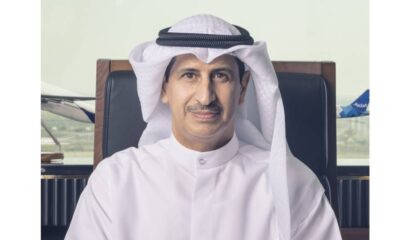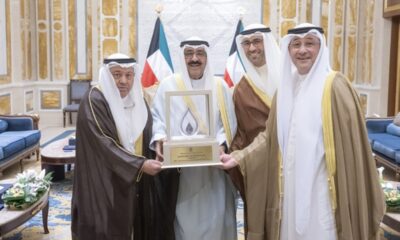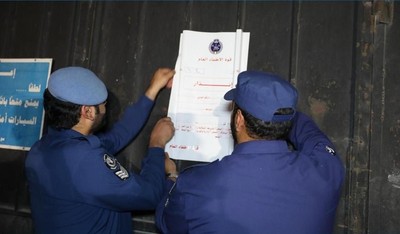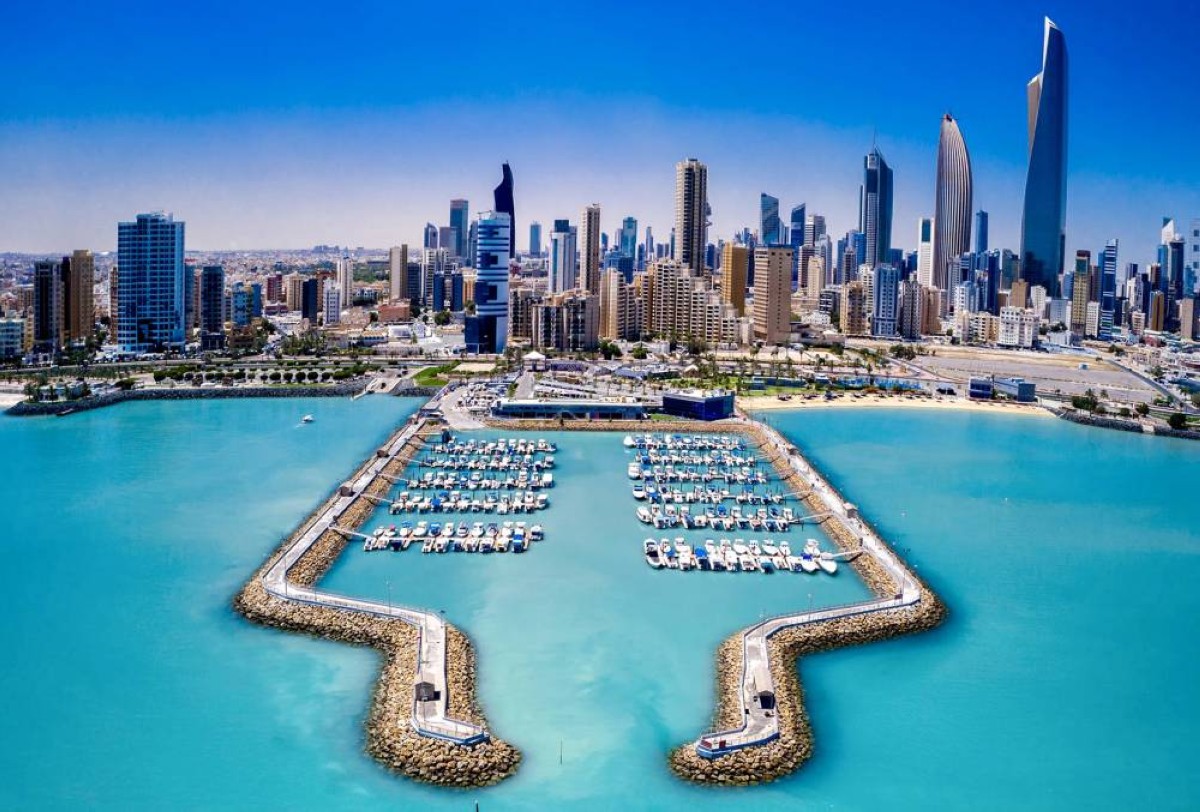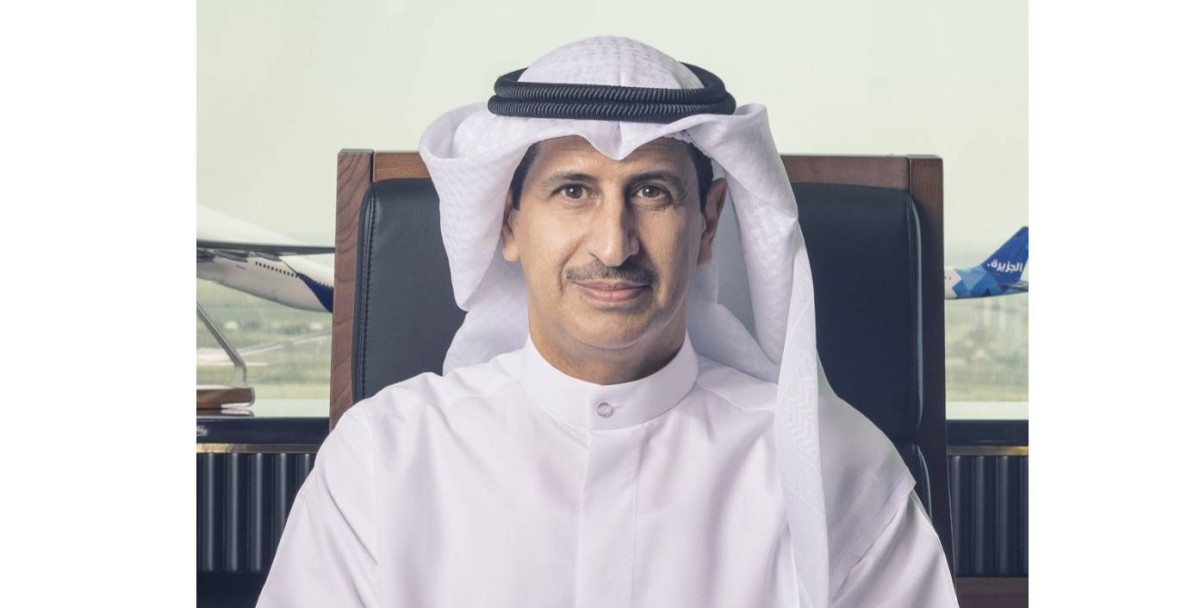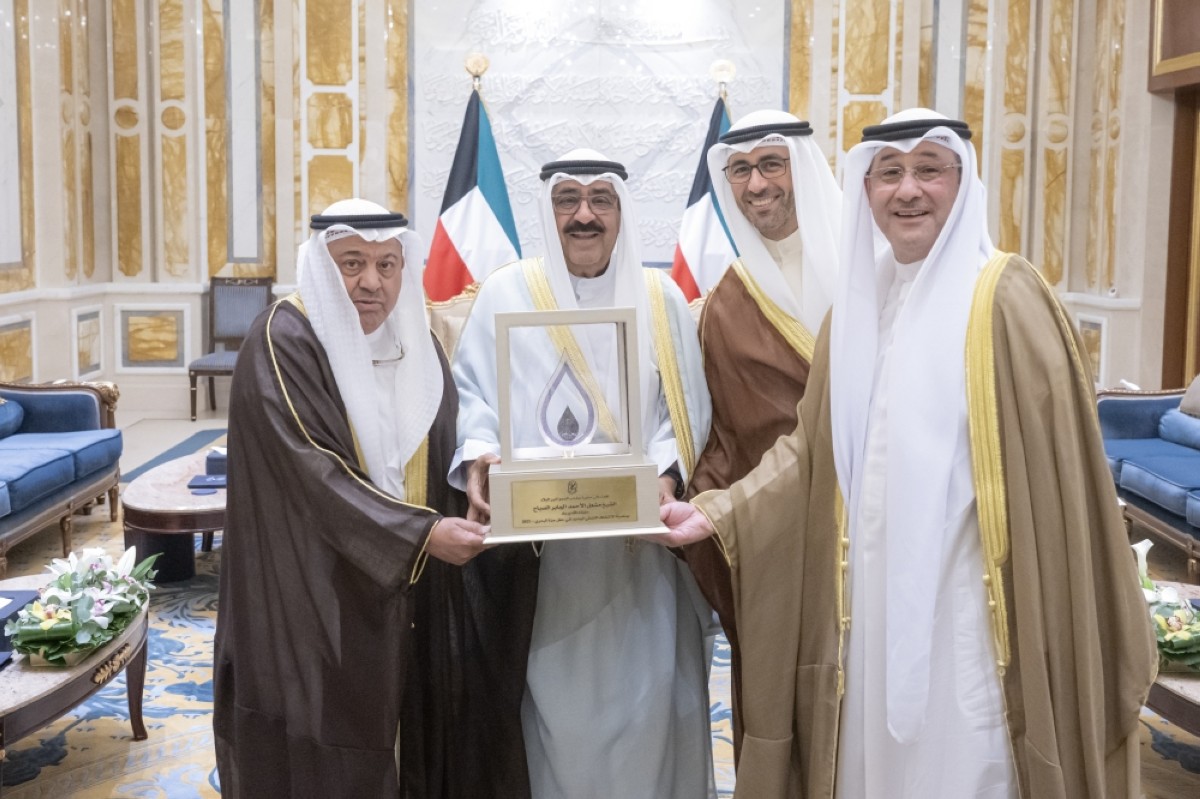By Khaled Al-Abdulhadi and Chidi Emmanuel
KUWAIT: Filming without prior approval remains a punishable offense under Kuwaiti law, particularly under the regulations of the Communication and Information Technology Regulatory Authority (CITRA). However, legal experts say that in certain circumstances, unauthorized recordings may be accepted as evidence in criminal investigations or court proceedings.
Speaking to Kuwait Times, lawyer Ali Abu Al-Melh of the SILAW legal firm explained that while the act of filming without official permission is criminalized, the legality of such recordings depends heavily on how and why the footage is used. “For instance, if someone is walking down the street and witnesses a crime—such as an assault—and documents it for the purpose of reporting it to the concerned authorities, they would not be held legally accountable,” he said.
However, Abu Al-Melh warned that legal responsibility arises when the footage is shared publicly, especially on social media platforms. “In such cases, the individual is no longer simply reporting an incident but is exposing the crime to the public, which could carry legal and ethical implications,” he noted. He also emphasized that filming inside private residences or other restricted spaces without the consent of those involved—regardless of the filmer’s intention—would constitute a violation of privacy. “Even if the aim is to report illegal behavior, evidence obtained through such means would be considered inadmissible,” he added.
The decision to accept or reject such recordings as evidence ultimately lies with the judiciary. “The admissibility of criminal evidence is among the most complex and debated legal issues,” Abu Al-Melh said. “Judges may accept the footage as valid evidence or downgrade it to a supporting presumption, depending on the case and context.” Kuwaiti authorities continue to enforce strict laws surrounding photography and videography in both public and private spaces, with particular attention to national security, privacy rights, and cultural sensitivities. Recording near government buildings, military zones, oil facilities, hospitals, or other sensitive sites is strictly prohibited without prior permission from the Ministry of Information or Ministry of Interior.
Similarly, filming individuals without their knowledge or consent—whether in public or private—can result in legal action under Kuwait’s penal code and cybercrime legislation. Publishing such material online may also lead to defamation charges or breaches of data protection laws. “During the national celebrations, we were simply taking photos and videos along the Gulf Road when security officers suddenly approached us. They asked us to stop filming in certain areas and requested that we delete some of the footage we had taken,” Amin, an Egyptian expatriate, told Kuwait Times while walking with his friends.
In light of these restrictions, the legal expert reiterated that all content creators, journalists, and filmmakers must obtain a formal filming license before undertaking any media production. The application must specify the nature, location and purpose of the filming. Unauthorized filming may result in legal consequences, including fines, confiscation of equipment, or prosecution. As Kuwait continues to advance its media environment, the government urges responsible and ethical content creation that aligns with national laws and upholds the values of privacy, respect and public order.


 Politics20 hours ago
Politics20 hours ago
 Politics19 hours ago
Politics19 hours ago
 Politics15 hours ago
Politics15 hours ago
 Business20 hours ago
Business20 hours ago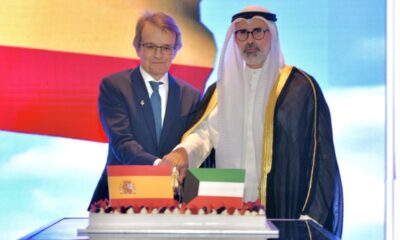
 Latest News12 hours ago
Latest News12 hours ago
 Latest News20 hours ago
Latest News20 hours ago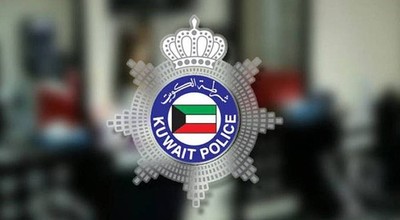
 Politics17 hours ago
Politics17 hours ago
 Business18 hours ago
Business18 hours ago




